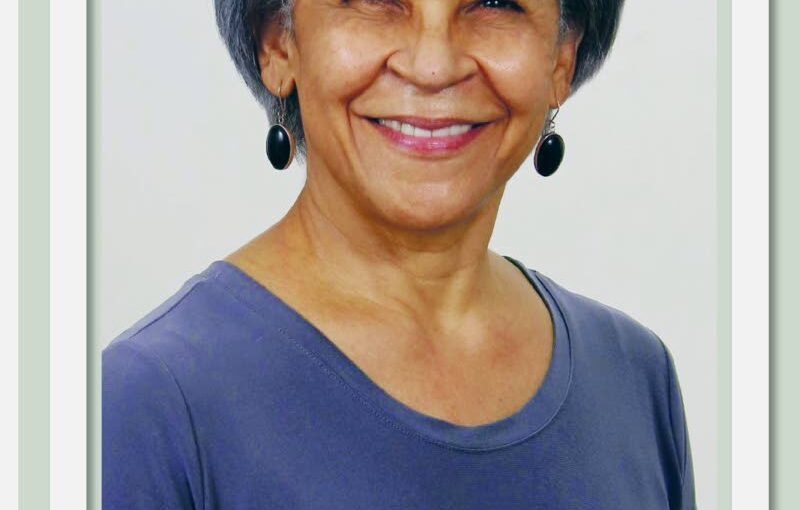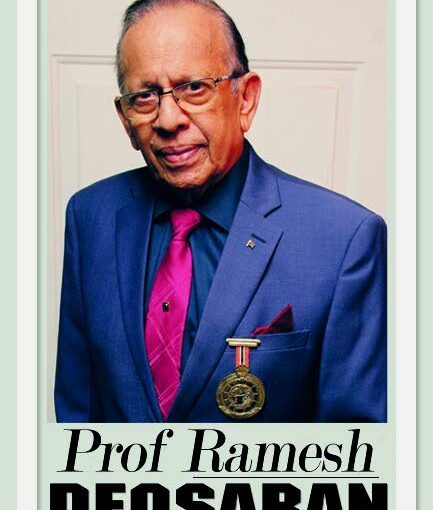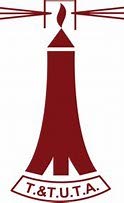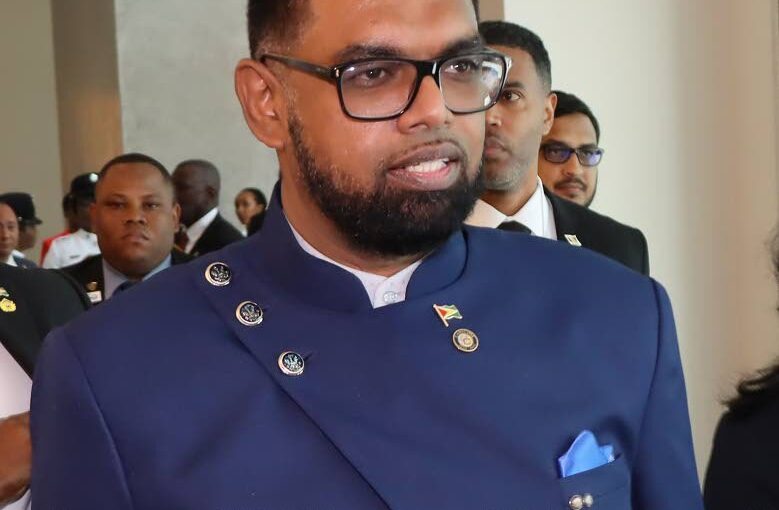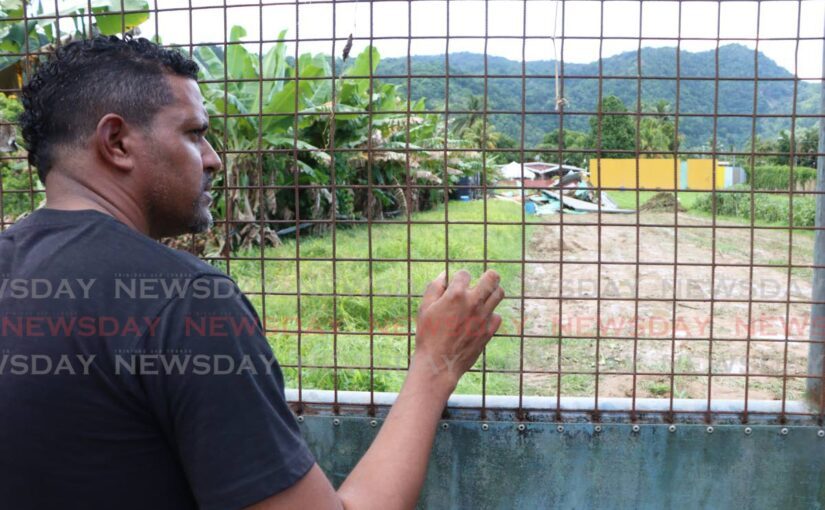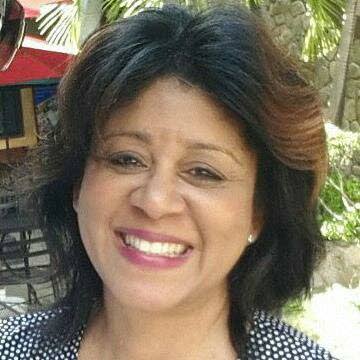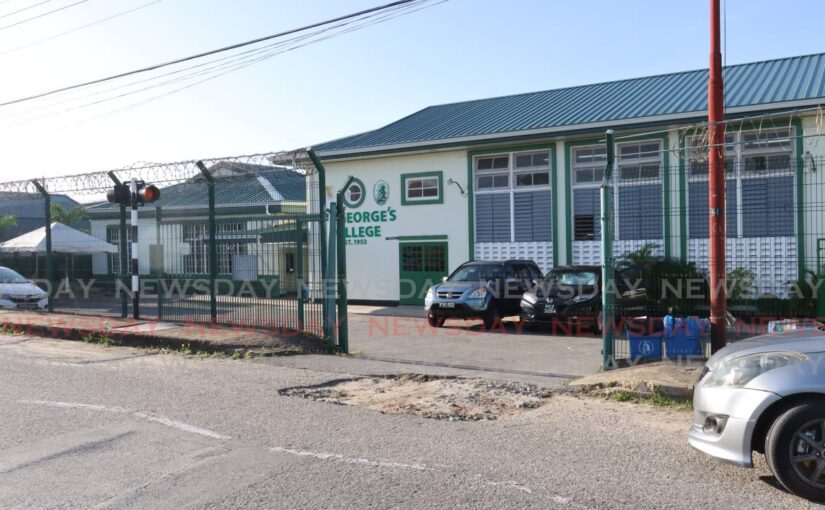CELEBRATIONS of Independence Day should see our national colours flying all around our “every creed and race” country, from north to south, with...
Vous n'êtes pas connecté
- English
- Français
- عربي
- Español
- Deutsch
- Português
- русский язык
- Català
- Italiano
- Nederlands, Vlaams
- Norsk
- فارسی
- বাংলা
- اردو
- Azərbaycan dili
- Bahasa Indonesia
- Հայերեն
- Ελληνικά
- Bosanski jezik
- українська мова
- Íslenska
- Türkmen, Түркмен
- Türkçe
- Shqip
- Eesti keel
- magyar
- Қазақ тілі
- Kalaallisut ; kalaallit oqaasii
- Lietuvių kalba
- Latviešu valoda
- македонски јазик
- Монгол
- Bahasa Melayu ; بهاس ملايو
- ဗမာစာ
- Slovenščina
- тоҷикӣ ; toğikī ; تاجیکی
- ไทย
- O'zbek ; Ўзбек ; أۇزبېك
- Tiếng Việt
- ភាសាខ្មែរ
- རྫོང་ཁ
- Soomaaliga ; af Soomaali
Rubriques :
 Maroc - NEWSDAY.CO.TT - A la Une - 01/Sep 07:42
Maroc - NEWSDAY.CO.TT - A la Une - 01/Sep 07:42
The maths conundrum
THE alarming headline in this newspaper on August 21 announced “64% fail maths” in CSEC exams, across the region. According to the Caribbean Examinations Council, only six per cent of Caribbean children passed five subjects or more at CSEC level, and fewer than one in 20 pupils got five passes that included both English and maths. That leaves nearly all our young people – 94 per cent – without a full certificate that includes those two vital subjects among the compulsory five, unable to move onto advanced study and the road to professional success. Still more worrying, each year since 2018, 11,500 do not matriculate at all and are therefore unemployable, except as unskilled labour or in the organised crime industry. With that trend, the Caribbean is doomed, at best, to remain tourist destinations and exporters of primary products for the rest of our endangered time on planet Earth, while in the outside world the jobs and skills market change in line with shifting new, digital technologies and high-skilled industries. Those require educated workers who understand maths and can interpret data – from business to building. How can a region that is so vulnerable to the world’s shocks fare when only about one in three of its people passes a maths exam at age 16? TT had a 42 per cent maths pass rate and 45 per cent of our youngsters received full certificates, but we are only as strong as our weakest link, and our own performance needs much improvement. Although we are highly exposed, we are not the only ones facing the maths conundrum. In the UK, for example (the country with the most Nobel prizes), innumeracy has become a defining national characteristic, as their children’s poor performance in maths exams has become chronic. And among global maths scores, the USA trails the advanced Organisation for Economic Co-operation and Development (OECD) countries’ average and is well behind leader Singapore, but, unlike us, they have large populations and advanced, dynamic economies. Thankfully, research shows that human beings are naturally literate and numerate. If we do not suffer from dyscalculia – difficulty with processing numbers – then we are all able to acquire proficiency levels just as high as those of the fabled Asians. It is generally agreed that the problem is how maths is taught. I can vouch for that. I had a passion for maths (I still get excited by a long column of figures and mathematical concepts), but my school performance did not match. An early teacher shamed us and each class was so traumatic that the adrenaline blocked my brain functions; only my bladder seemed to operate. Maths is logical and one cannot progress if the essential building blocks are not all in place. For me, the teachers moved too quickly, not reinforcing concepts or ensuring we were all following, and although we understood fractions, decimals and percentages by the end of primary, we were short on formulas. A maths teacher explained to me that knowing “maths facts,” like the 12-times tables, and being able to effortlessly retrieve them, is critical for maths proficiency. It allows us to focus on the problem and not use brain space calculating smaller elements and perhaps getting those wrong. Having immediate mental access to basic formulas and algorithms also deepens a pupils’s understanding of maths, as the patterns become clear. The task for teachers is to focus on meticulously working through a concept and its process or procedure until it sticks. Looking back, our teaching was also too technical, and not experiential. Presenting maths as a practical, engaging and problem-solving tool would help young people’s approach to it. The beauty of maths and its philosophical nature was never revealed to us until much later, when algebra and geometry were introduced. They required greater reasoning skills and tested our ability to apply maths. Only then did the point of maths become clear, but it was too late for me. I had become allergic to learning maths, although I remained in love with it as a subject. It is a great shame that few pupils study maths to age 18, when their maturing brains could be even better at its concepts. My experience is obviously not uncommon, even if it is decades old; nor is it without consequence. The conundrum is that if we are so bad at maths as a region, where will the good teachers come from? And if families are impoverished and decimated by emigration, natural disasters and crime, how can they provide the support children undoubtedly require? It is not an education problem alone. There are social and economic dimensions, so it cannot be business as usual. We urgently need an intelligent regional plan to get us out of this deep hole. It would be a discreet, unarguably worthwhile place for reparations and private sector money to be invested. The coming of AI may hold potential for improving many aspects of teaching and future teacher training. It needs investment starting, critically, at the primary level, where teachers are generalists and may themselves lack the deeper understanding of mathematical concepts. Without reinforcing the foundations, where will we and our universities be in 30 years’ time? The post The maths conundrum appeared first on Trinidad and Tobago Newsday.
Articles similaires
Short-changing education
AS TEACHERS, students and parents settle into the routine of a new academic year with all its associated anxiety and anticipation, those closely...
Time And Consciousness: From Metaphysics To Psychology – Analysis
Philosophy begins as thought comes to recognize the peculiar relation in which it stands to time - one through which man fundamentally distinguishes...
Can Trinidad and Tobago really go cashless?
I had intended to write on the re-aligned feminisation of poverty this week but the headlines in the press about the results of the CSEC maths and...
Dyslexia In Australian Schools: Identifying The Problem – OpEd
According to the Australian Dyslexia Association, “Dyslexia is estimated to affect some 10% of the Australian population.” This squarely puts...
America ready 'to turn the page' on Trump's 'same old show'
I usually write what I hope are thoughtful pieces about American politics that feature something like a beginning, middle and end. But today, I’m...
Caribbean maths problem
THE EDITOR: Guyana president Dr Irfaan Ali on September 5 announced that Caricom had put the dismal performance of Caribbean students in mathematics...
Shocking destruction of crops
THE EDITOR: The last few days have been shocking and horrific having to view the destruction of crops in Diego Martin, which were almost ready for...
Nobody listening to we! Who is we?
Part 2 DR MARGARET NAKHID-CHATOOR IT MUST have been more than 20 years ago when I encountered Lucas (not his real name), a nine-year-old boy who was...
TTUTA: Inspect labs at St George’s College
THE Trinidad and Tobago Unified Teachers Association (TTUTA) has called on the Education Ministry to ensure the various laboratories at St George’s...
Les derniers communiqués
-
Aucun élément
